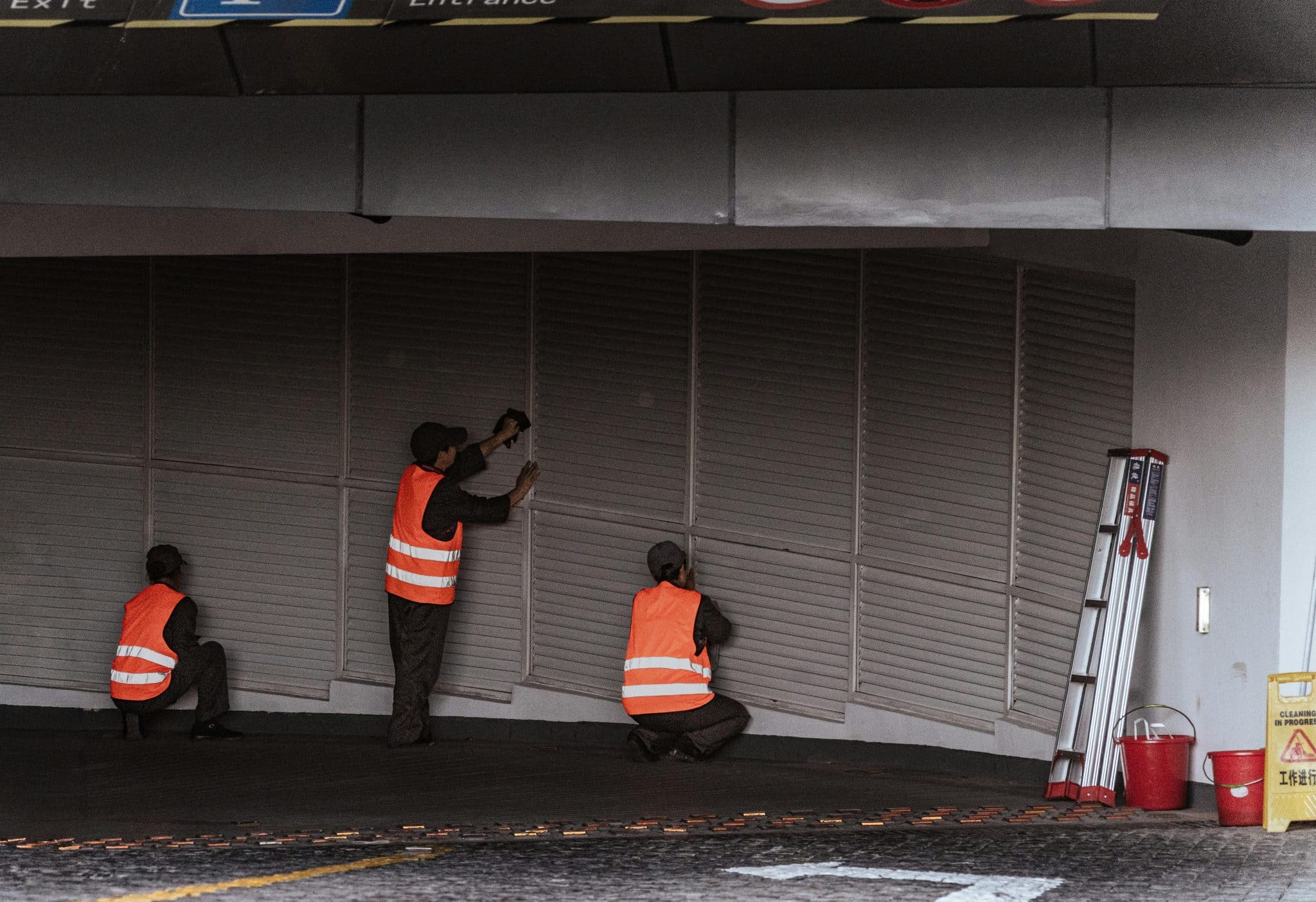When temperatures reach extremes, your heating, ventilation, and air conditioning system becomes a lifeline for comfort. But how can you tell when your system is failing and needs urgent attention?
Have you noticed unusual changes in its performance or alarming sounds? Recognizing early trouble can save you from expensive repairs and discomfort.
Emergency HVAC repair is essential when your system shows signs of distress that can’t wait. Ignoring these red flags can lead to complete system breakdowns, which can be inconvenient and costly. Let’s look at the warning signs that indicate you should act quickly to avoid further damage.
1. Insufficient Airflow Throughout Your Space
One of the clearest indicators of an issue is weak or inconsistent airflow. If certain rooms feel warmer or cooler than others, your system might be struggling to circulate air effectively. This can stem from clogged filters, failing motors, or damaged ductwork. Addressing this at the earliest is crucial to restoring comfort and avoiding system strain.
A sudden drop in airflow should never be ignored. It’s not just an inconvenience; it often signals deeper issues within your HVAC system. Quick action can help prevent the situation from escalating further.
2. Unusual Noises During Operation
You should not hear anything when a heating and cooling system operates. If you hear grinding, banging, or squealing sounds, it’s a sign that something is wrong. These noises could indicate loose components, motor problems, or failing belts. Unresolved mechanical issues can lead to more severe damage over time. Acting fast when you hear strange noises ensures you address the problem while it’s still manageable, potentially saving you from a complete system replacement.
3. Persistent Foul Odors
Unpleasant smells coming from your vents often signal trouble. A burning smell might indicate electrical issues, while a musty odor could indicate mold or mildew within the ductwork. Both require urgent attention to prevent health hazards and system damage. Ignoring persistent odors can impact indoor air quality and pose risks to your household. A professional assessment can identify the source and ensure your home remains safe and comfortable.
4. Frequent Short Cycles
Suppose your HVAC system turns on and off repeatedly without completing a full heating or cooling cycle. In that case, this is a problem known as Short cycling, which is a common issue that strains the system, lowers efficiency and raises energy bills. Short cycling often results from thermostat issues, clogged filters, or refrigerant leaks. Addressing these promptly can prevent more extensive wear and tear on the unit and keep it in optimal condition.
5. Sudden Increase in Energy Bills
An unexpected spike in energy costs often indicates your system is working harder than it should. This inefficiency might be due to aging components, leaks in the ductwork, or malfunctioning parts. Monitoring your utility bills can help you spot problems early. Higher energy bills affect your wallet and hint at an underlying problem that needs fixing. A timely repair ensures your system operates efficiently, helping you avoid further financial strain.
Other Warning Signs to Look For
While the above are some of the most common indicators, other symptoms might also require attention. A system that struggles to maintain the desired temperature or repeatedly triggers the circuit breaker is an additional red flag.
These issues can indicate significant underlying faults that could lead to a complete shutdown. Routine maintenance and prompt repairs can address these problems before they escalate.
Don’t ignore these warning signs if they occur. Acting swiftly can prevent more extensive and costly issues. If you suspect your system requires immediate attention, call a professional for emergency HVAC repair. Trained technicians can identify the problem and restore comfort to your space quickly and effectively.








